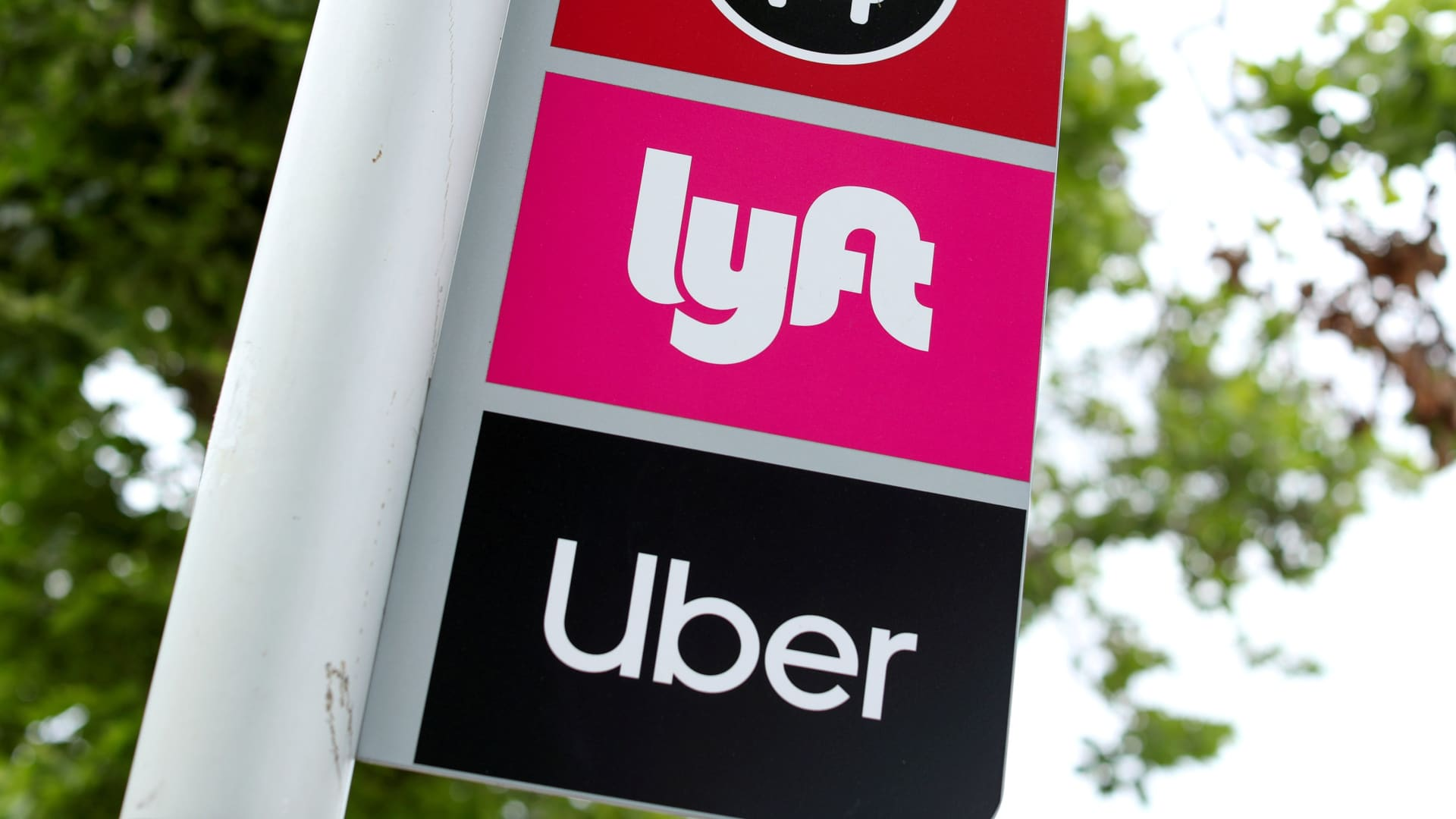U.S. Supreme Court Rejects Uber and Lyft Appeal on California Driver Lawsuits

The U.S. Supreme Court has denied an appeal by Uber and Lyft, refusing to block lawsuits brought by California against the ride-hailing giants. These lawsuits, initiated by the state’s attorney general and labor commissioner, claim the companies owe compensation to drivers misclassified as independent contractors rather than employees. The legal fight revolves around whether drivers, who had agreed to private arbitration for disputes, can still be represented in state lawsuits.
Uber and Lyft have argued that under federal law, states cannot pursue legal action on behalf of individuals who signed arbitration agreements. This principle affects not only millions of gig economy workers but also a wide range of consumers who accept similar terms of service for various products or services. However, a California appeals court ruled against this claim, and the state’s highest court refused to review the case further, prompting the companies to take the matter to the U.S. Supreme Court, which declined to hear the case.
The companies maintain that they are not employers of gig workers, arguing that these workers benefit from the flexibility of being independent contractors. Nonetheless, California, along with several other states, contends that this classification deprives drivers of basic employment protections like minimum wage, overtime, and reimbursements for work-related expenses.
Uber and Lyft have supported state ballot measures, such as California’s Proposition 22, which allows them to continue treating drivers as contractors while offering limited benefits. In 2020, this measure was overwhelmingly approved by voters, and in July 2023, California’s top court upheld it. Despite this, the companies continue to face legal battles over driver classification.
Similar lawsuits have emerged in other states, including Massachusetts, where Uber and Lyft agreed in June to pay $175 million and adopt a minimum hourly pay of $32.50 for drivers. Although the companies face multiple legal challenges from drivers nationwide seeking employee status, many of these cases have been directed to arbitration due to the widespread use of arbitration agreements.





















